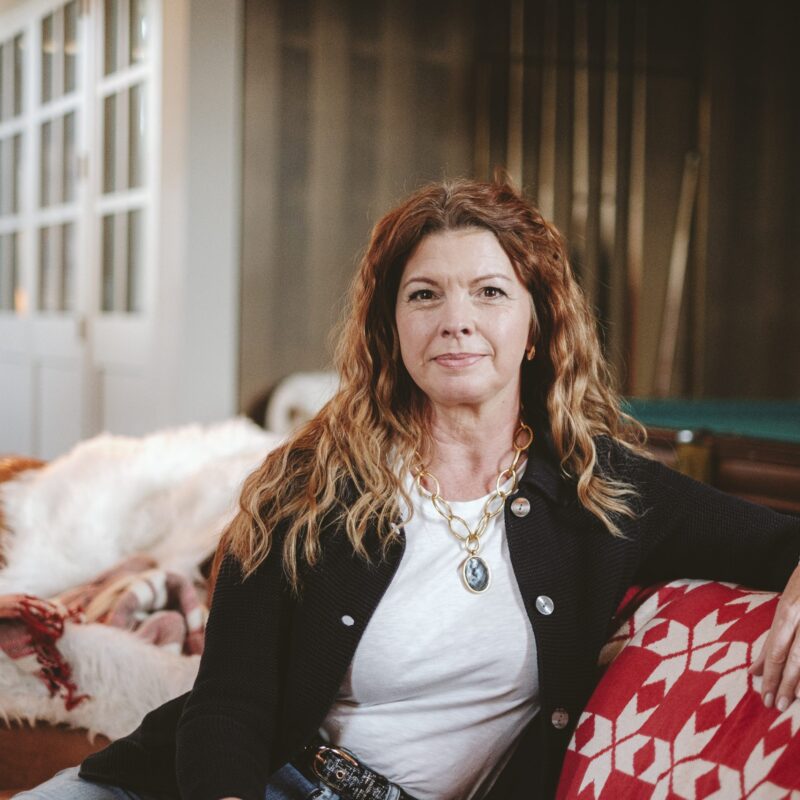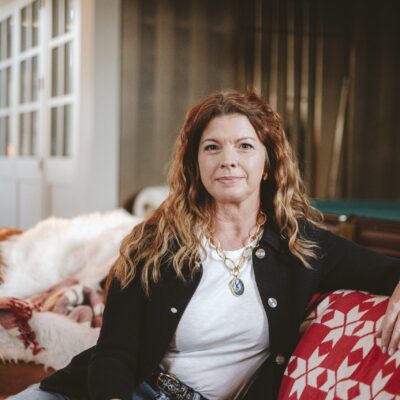The country is about to be awash in retired Baby Boomers, and don’t think folks in the financial industry haven’t taken notice. The first wave of Boomers turned 60 this year, at a rate of nearly 8,000 per day, and as all 76 million of them approach retirement, banks are beginning to cozy up to a relatively new type of loan, something called a reverse mortgage.
Started as a federal pilot program in the 1980s, reverse mortgages let homeowners 62 and over use the equity in their homes to borrow money with no payments due until—and this is where it gets a tad morbid—a "termination event." That could mean the sale of the home. More likely it means exactly what it suggests: a termination that involves rigor mortis. Whenever and whatever termination happens, the mortgage is then paid off by the estate, either by selling the home or paying the full amount up front.
But who wants to talk about death when, as Ginnie Mae President Robert Couch said in January, reverse mortgages "are on the verge of explosive growth"? With the largest segment of the country’s population pushing retirement age, lenders are beginning to see the reverse mortgage market as an untapped resource.
Charlottesville will certainly be part of the trend. Roughly 5,500 local residents will become eligible for reverse mortgages in the next three years, and according to Realtor Karen Kehoe, the large majority of folks moving into town are 50 to 55 years old, taking early retirement. "A lot of good companies are getting into reverse mortgages," she says, though "very few companies offer it right now." Will it be worth riding the wave as it crests?
That depends on your current mortgage and, not to veer back into morbidity, where you’d like to terminate. Compass Home Loans was one of the first Charlottesville companies to offer reverse loans, and Compass’s Genevieve Blair is a member of the National Reverse Mortgage Lenders Association and something of a local guru. "One of my very first questions to applicants is ‘How long do you think you’re going to stay in this home?’" says Blair. "And typically the answer will be somewhere along the lines of, ‘Until you carry me out feet first.’"
A reverse mortgage can be a powerful tool for hanging onto your home. Many people use it to supplement a fixed income or pay off the end of an existing mortgage. Unlike a conventional loan, only three factors are considered when you apply for a reverse mortgage: age, value and location of your home, and the current reverse mortgage interest rate, which now hovers around 6 percent.
Of the three types of reverse mortgages, the Federal Housing Administration’s Home Equity Conversion Mortgage (HECM) is by far the most popular. HECMs are capped at different figures across the country. In Charlottesville, you’re eligible if your home is assessed below $303,525. An HECM also requires you to undergo reverse mortgage counseling by a third party, such as the Piedmont Housing Alliance or the Monticello Area Community Action Agency (MACAA).
Though there are "jumbo" versions for houses valued over $400,000, reverse mortgages are mostly a tool that can help older folks from being forced out of their homes, thus keeping gentrification of rapidly changing neighborhoods like Belmont in check.
Like everything, there are downsides. The closing costs for a reverse mortgage are substantial, higher than a conventional loan’s. And then there’s the sticky situation of telling your heirs that the house isn’t necessarily all theirs after you terminate. A reverse mortgage doesn’t preclude passing your house on to heirs, it just makes it a little harder. Upon your death, mortgage comes due. Usually it’s paid off by selling the house and giving the lender its cut, the rest going to the estate. But if you want to keep your house in the family, the heir could be looking at a hefty sum that requires a lot of cash or another mortgage.
For a lot of adult children, Blair says, it’s worth seeing a parent take out a reverse mortgage for medical bills, supplemental income or just to take that trip to Alaska before it’s underwater. Both she and Shea Johnson, a MACAA counselor, advise talking to your heirs while considering a reverse mortgage to make sure that everyone understands exactly what happens upon that last, distinguished termination.





